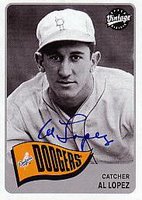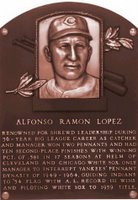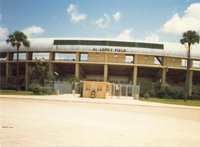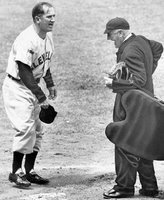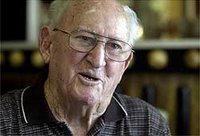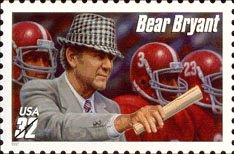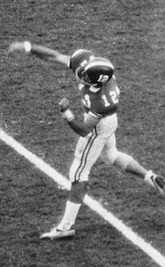Seventh Heaven
Seven things to do before I die (in no particular order):
1. Go to the World Series
2. Write a Book
3. Teach through the entire Bible
4. Pastor a Church
5. Have kids
6. A Triathlon (probably a mini-triathlon)
7. My Master’s degree (and maybe ThD?)
Seven things I cannot do:
1. Enjoy soccer
2. Respect France
3. Vote Democrat
4. Leave Florida
5. Throw Left-handed
6. Break 70 (it’s a golf thing)
7. Watch the WNBA
Seven things that attract me to my spouse:
1. The first thing I ever noticed about my wife was how beautiful she was,
2. The second thing that I noticed was how godly she was.
3. Her biblical/theological knowledge
4. Her Humility
5. Her tender heart
6. The way she laughs
7. The way she crys
Seven things I say most often:
1. “I’m Fixin to…”
2. “How’s that working out for you…”
3. “There you go!”
4. “urp… excuse me… I have stomach problems”
5. “What the Heck?” (Reserved for the teen-agers)
6. “Dear…” (usually followed by what’s for dinner, or did you tell me that?)
7. “I’m not so sure about that”
Seven books (or series) I love (only seven yeah right):
1. “Brothers We Are Not Professionals,” by Piper
2. The Sherlock Holmes short stories, by Sir Arthur Conan Doyle
3. “Lectures to My Students,” by Spurgeon
4. “A Tale of Two Cities,” by Dickens
5. “Continuity Discontinuity,” edited by Feinberg
6. “The Freedom of the Will,” by Edwards
7. “Twelve Ordinary Men,” by MacAurthur
[Of course, this assumes that the Bible is at the head of any such list of favorite books]
Seven movies I would watch over and over again:
1. We Were Soldiers
2. Blackhawk Down
3. What About Bob?
4. It’s A Wonderful Life (at Christmas)
5. Gladiator
6. The Sandlot
7. Meet the Parents
Seven people I want to join in, too:
1. Steve
2. Doug
3. Elyse
4. Terrye
5. The Youth Group
6. Clarissa
7. Morgan
*I had help comipling this list from my wife; my brother; and my Youth Group.*



